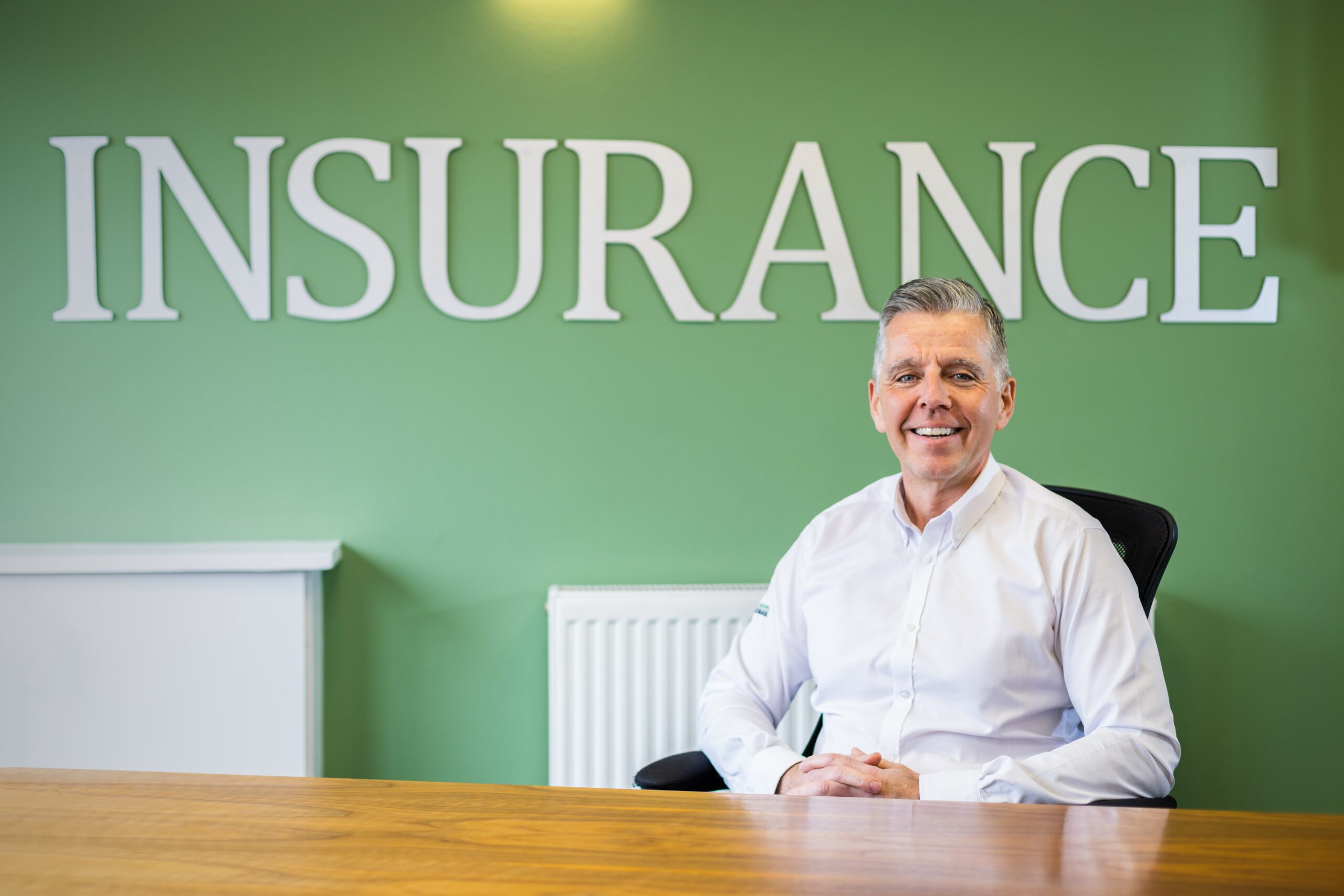News
How the UK is now a nation of Freelancers
15 January 2016
 Freelancing continues to become more popular in the UK. So much so that if current trends continue, more than 50% of people will be working as a freelancer by 2020.
Freelancing continues to become more popular in the UK. So much so that if current trends continue, more than 50% of people will be working as a freelancer by 2020.
In recent years, we’ve seen a number of developments – such as Pensions Auto Enrolment – which make it potentially more difficult or expensive for small businesses to take on employees. So they are more open than ever to working with freelancers.
Meanwhile, people in employment are also more inclined than ever to take the plunge in to freelance work. There are many reasons for this and probably the most popular reason is the flexibility it gives them over their lifestyle. With many couples having children later in life, that leaves them with young children at a time when their earning potential is perhaps at its highest during their career.
By going freelance they can work more flexibly around family life and maybe even work from home and eliminate a lengthy commute to and from work. When you look at these underlying reasons for this trend, it is hard to imagine many freelancers going back in to employment unless they really have to. Furthermore, there’s every reason to believe that more people will make the switch from permanent employment to freelancing. So, although the prediction of more than 50% of people working as freelancers may sound surprising, it’s very much a possibility.
Things to consider before you go freelance
Going freelance could bring you many opportunities and give you the lifestyle changes you need. To help ensure that you can enjoy the upsides of freelancing, without exposing yourself to any unnecessary risks, you should also consider the following:
- Your legal liabilities – As a freelancer, you will have much more autonomy over what you do. However, the flipside of that is that you – and only you – are answerable if anything goes wrong. If you are sued by a client or any other third party, you will no longer be able to rely on your employer’s insurance. So, you should consider Professional Indemnity Insurance if you offer professional advice to clients. You can often arrange Public Liability Insurance at the same time to cover any accidents, injuries or damage to a third party’s property in the course of your business.
- Your business equipment – If you buy any business equipment for your freelance work – such as a laptop or other IT hardware – you should check whether or not it is included under your Home Insurance. You may well find that laptops and tablets are already covered, even if they are predominantly for business use, but it’s important to check with your insurer or broker. If you use a laptop for work and regularly take it with you to client meetings, you should also check whether or not it is covered whilst away from home. If it’s not, then you may be able to arrange separate cover for it under a business insurance policy.
- Your home insurance – If you work from home, you should notify your insurers that you are doing this. If you simply work from a home office, your insurers may be happy with this and may not impose any terms. However, if you have clients or other business contacts visiting you at home, this would be seen by insurers as a significant change of use. A typical home insurance policy includes Public Liability cover, which covers your liabilities if someone is killed or injured at your home. By having business visitors to your property, there is a significant change of risk, and some insurers may choose to cancel the policy altogether, so it’s very important you disclose this to ensure that you have the correct cover.
- Your retirement – Many freelancers wait to see how successful they are before planning their long-term future. However, if the freelance lifestyle works out well for you and looks like it is viable for the long-term, it is time to start planning further ahead. Without an employer, you may find yourself without a suitable pension, so you should give some thought to Retirement Planning. Once you know that you will be a freelancer for the foreseeable future, you should look for professional Financial Advice to help plan your future financial goals.
So, if you’re thinking of becoming a freelancer yourself, contact us through the website or call us on 0844 558 2669 and we’ll be more than happy to help you.




